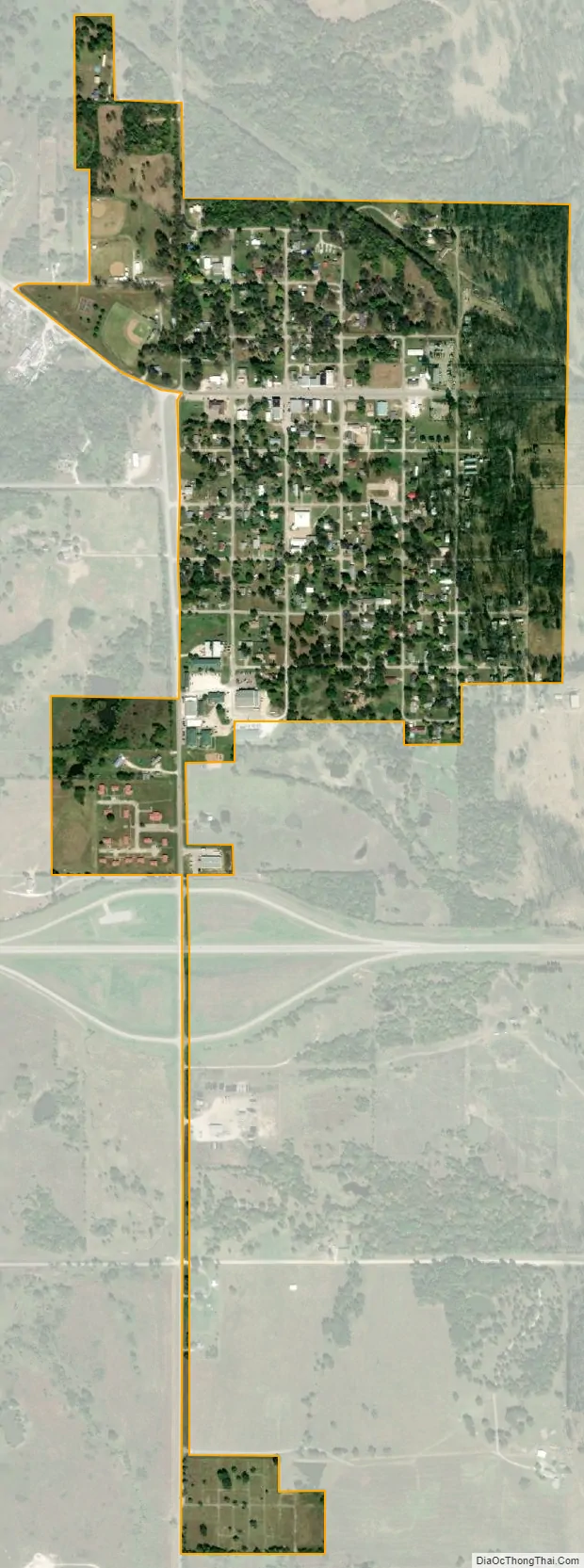Stonewall OK has become a pivotal topic in discussions about LGBTQ+ rights and history, representing not only a moment in time but also a movement that continues to shape society today. The term "Stonewall OK" is deeply rooted in the historical context of the Stonewall Riots, which occurred in 1969 in New York City. These events marked a turning point in the fight for LGBTQ+ rights, igniting a global movement that continues to this day. Understanding Stonewall OK requires delving into its historical significance, cultural impact, and ongoing relevance in modern society.
The legacy of Stonewall OK extends beyond mere historical recognition. It symbolizes resilience, courage, and the unyielding pursuit of equality. The events surrounding the Stonewall Riots brought attention to the systemic discrimination faced by the LGBTQ+ community and sparked a wave of activism that led to significant legal and social changes. This article aims to provide a comprehensive overview of Stonewall OK, exploring its origins, impact, and the ongoing struggle for equality.
In today's world, where discussions about diversity and inclusion are more important than ever, understanding Stonewall OK is crucial. It serves as a reminder of the progress made and the work that still needs to be done. By examining the history, cultural significance, and modern implications of Stonewall OK, we can better appreciate its role in shaping a more inclusive and equitable society.
Read also:Movierulz 2024 Kannada
Table of Contents
- The History of Stonewall OK
- Biography of Key Figures
- Cultural Impact of Stonewall OK
- Legal Changes Following Stonewall OK
- Modern Implications of Stonewall OK
- Challenges Faced by the LGBTQ+ Community
- Activism and Advocacy
- The Role of Education in Promoting Equality
- Key Statistics and Data
- Conclusion
The History of Stonewall OK
The history of Stonewall OK begins with the Stonewall Riots, a series of spontaneous demonstrations by members of the LGBTQ+ community in response to a police raid at the Stonewall Inn in Greenwich Village, New York City, on June 28, 1969. This event is widely regarded as the catalyst for the modern LGBTQ+ rights movement.
Origins of the Stonewall Riots
The Stonewall Inn, a popular gay bar at the time, was frequently targeted by police due to discriminatory laws and societal stigma. The raid that occurred on that fateful night was not unusual, but the response from the patrons was unprecedented. Instead of backing down, the crowd fought back, leading to several nights of protests and demonstrations.
Key Events of the Riots
- The initial raid took place at 1:20 AM on June 28, 1969.
- Patrons resisted arrest, leading to a violent confrontation with police.
- The protests continued for several days, drawing widespread attention to the plight of the LGBTQ+ community.
Biography of Key Figures
Several key figures played pivotal roles in the Stonewall Riots and the subsequent movement. Below is a brief overview of their contributions:
Marsha P. Johnson
Marsha P. Johnson was a transgender woman of color and a prominent activist during the Stonewall Riots. She was one of the first to resist the police during the raid and became a symbol of the LGBTQ+ rights movement.
| Full Name | Marsha P. Johnson |
|---|---|
| Date of Birth | May 24, 1945 |
| Date of Death | July 6, 1992 |
| Occupation | Activist, Drag Queen, Performer |
Sylvia Rivera
Sylvia Rivera, a close friend and ally of Marsha P. Johnson, was another key figure in the movement. She co-founded STAR (Street Transvestite Action Revolutionaries) with Johnson to provide support for homeless LGBTQ+ youth.
Cultural Impact of Stonewall OK
The cultural impact of Stonewall OK is profound, influencing art, literature, and media. It has inspired countless works that celebrate the LGBTQ+ experience and bring awareness to issues faced by the community.
Read also:Vegamoviesst Your Ultimate Destination For Movie Entertainment
Representation in Media
Since the Stonewall Riots, there has been a noticeable increase in LGBTQ+ representation in media. Movies, TV shows, and books now frequently feature LGBTQ+ characters and storylines, helping to normalize diverse identities and experiences.
Legal Changes Following Stonewall OK
The legal landscape for LGBTQ+ rights has evolved significantly since Stonewall OK. Key milestones include the decriminalization of homosexuality, the legalization of same-sex marriage, and the implementation of anti-discrimination laws.
Same-Sex Marriage
In 2015, the U.S. Supreme Court ruled in favor of same-sex marriage in the landmark case Obergefell v. Hodges, ensuring that all couples have the right to marry regardless of gender.
Modern Implications of Stonewall OK
Today, Stonewall OK continues to influence social and political movements around the world. It serves as a reminder of the progress made and the challenges that remain in the fight for equality.
Global Impact
The principles of Stonewall OK have inspired activists in countries around the world to push for LGBTQ+ rights. From Europe to Asia, movements are gaining momentum, driven by the legacy of Stonewall.
Challenges Faced by the LGBTQ+ Community
Despite significant progress, the LGBTQ+ community still faces numerous challenges, including discrimination, violence, and lack of access to healthcare. Addressing these issues requires continued advocacy and education.
Discrimination in the Workplace
Many LGBTQ+ individuals still experience discrimination in the workplace, affecting their ability to secure employment and advance in their careers. Laws and policies must be strengthened to protect these rights.
Activism and Advocacy
Activism remains a crucial component of the LGBTQ+ rights movement. Organizations and individuals continue to work tirelessly to promote equality and justice for all.
Role of Social Media
Social media platforms have become powerful tools for activism, allowing voices to be heard and movements to gain traction. Hashtags like #LoveIsLove and #Pride have helped spread awareness and support for the LGBTQ+ community.
The Role of Education in Promoting Equality
Education plays a vital role in promoting understanding and acceptance of LGBTQ+ individuals. Schools and institutions must prioritize inclusivity and provide resources for students and staff.
Inclusive Curriculum
Incorporating LGBTQ+ history and experiences into school curricula helps foster empathy and understanding among students. It also validates the experiences of LGBTQ+ students, making them feel seen and valued.
Key Statistics and Data
Data and statistics provide valuable insights into the state of LGBTQ+ rights and the challenges faced by the community. Below are some key figures:
- Approximately 4.5% of the U.S. population identifies as LGBTQ+.
- LGBTQ+ youth are more than twice as likely to experience homelessness compared to their peers.
- Transgender individuals face disproportionately high rates of violence and discrimination.
Conclusion
Stonewall OK represents a pivotal moment in history that continues to shape the world today. From its origins in the Stonewall Riots to its modern implications, it serves as a reminder of the progress made and the work that still needs to be done. By understanding its history, cultural impact, and ongoing relevance, we can better appreciate its role in promoting equality and justice for all.
We invite you to join the conversation by leaving a comment or sharing this article with others. Together, we can continue the legacy of Stonewall OK and work towards a more inclusive and equitable society. For further reading, explore our other articles on LGBTQ+ rights and history.


